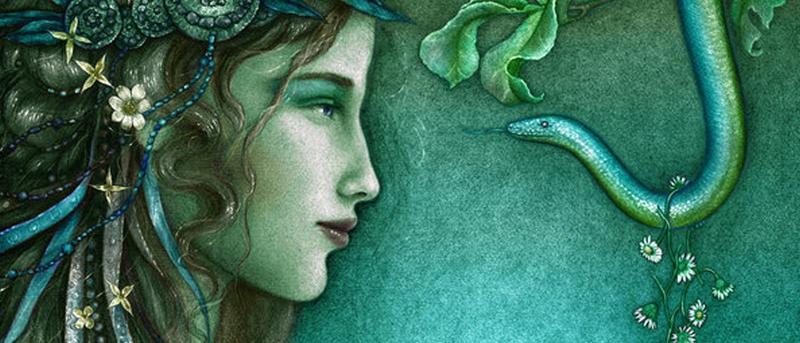The Masonic Magician: The Life and Death of Count Cagliostro and His Egyptian Rite
The Masonic Magician: The Life and Death of Count Cagliostro and His Egyptian Rite
Miracle-worker or man of straw? Count Alessandro Cagliostro was a cult figure of European society in the tumultuous years leading to the French Revolution. An alchemist, healer and Freemason, he inspired both wild devotion and savage ridicule – and novels by Alexander Dumas, a drama by Goethe and Mozart’s opera The Magic Flute.
Cagliostro’s sincere belief in the magical powers, including immortality, conferred by his Egyptian Rite of Freemasonry won him fame, but made him dangerous enemies, too. His celebrated travels through the Middle East and the capitals of Europe ended abruptly in Rome in 1789, where he was arrested by the Inquisition and condemned to death for heresy.
The Masonic Magician tells Cagliostro’s extraordinary story, complete with the first English translation of the Egyptian Rite ever published. The authors examine the case made against him, that he was an impostor as well as a heretic, and finds that the Roman Church, and history itself, have done him a terrible injustice.
This engaging account, drawing on remarkable new documentary evidence, shows that the man condemned was a genuine visionary and true champion of Freemasonry. His teachings have much to reveal to us today not just of the mysteries of Freemasonry, but of the mysterious hostility the movement continues to attract.
Cagliostro has been continually painted as an ignorant charlatan with no real spiritual insight or experience. He is regarded by most of the modern Freemasons and historians as yet another historical embarrassment, a casualty of his own folly. Within this book the authors have been able to discover a different character -a man with superior knowledge of the occult, who was able not only to create a system of personal and spiritual development but also to leave a legacy of alchemical and metaphysical genius that has largely been ignored.
The authors discover that not only was Cagliostro responsible for his unique Ritual of Egyptian Freemasonry; he was also the author of a rare occult/alchemical text known as The Most Holy Trinosophia. This book is usually attributed to the Comte de St Germain, but from authors’ careful study it is almost certainly the work of Count Cagliostro. So not only did Cagliostro instigate a vitally important Masonic ritual but he wrote one of the most important occult documents to ever survive.
The Ritual of Egyptian Freemasonry published in the book is a full translation of a manuscript held in the Museum of the Grand Lodge of Scotland. Discovered in France by Charles Morison, a Scottish Freemason and surgeon, it was donated to the museum following his death. Morison rescued the Ritual of Egyptian Freemasonry and many other texts from destruction when the Masonic Lodges of Paris were broken up during the French Revolution in 1789.
Cagliostro’s Ritual of Egyptian Freemasonry was intended as an enhancement for Regular Freemasonry not as a replacement. It is structured in a similar way to Freemasonry ritual, both ancient and modern, inasmuch as it involves three degrees and specific catechisms ( questions and answers) directed between the Master and candidate.
Within the Ritual of Maçonnerie Egyptienne we found a wealth of knowldge and wisdom; a path of initiation, of alchemical transmutation, a journey to enlightenment. Cagliostro had imbued his work with a hybrid of ancient wisdom; the teachings of the Old Testament, the arcana of Egypt and Persia, the eternal secret of alchemy. His vision was of perfection for mankind.
The authors say: “Our main concern when writing this book was to show the positive sides to a man who has long been denigrated and denounced as an imposter or charlatan. We wished to give credence to the altruist and mystic, the visionary and ‘friend of humanity’ -to offer an insight into the spiritual work of an Enlightenment hero who never recanted his Freemasonry or his magic.
I can assure you they have achieved that.
About the Authors
Philippa Faulks is a writer on the occult with a special interest in the magical life of Ancient Egypt. She lives in Suffolk, England
Robert L.D. Cooper is a Scottish Freemason and Curator of the Grand Lodge of Scotland Museum and Library in Edinburgh. He is the keeper of the oldest Lodge records in the world, dating from 1599. He writes and broadcasts on all aspects of Freemasonry, and has lectured on the topic throughout the world. He is the author of any books including
Be the first to post a message!
